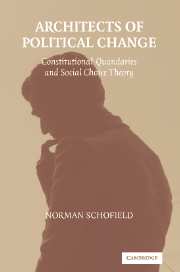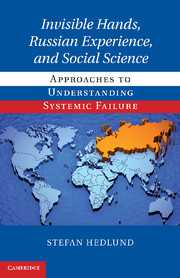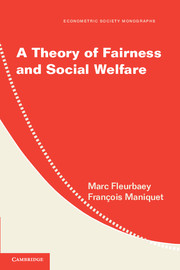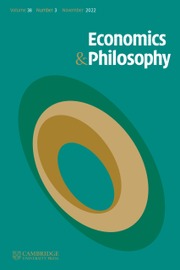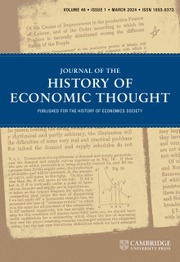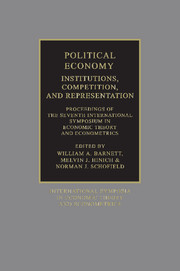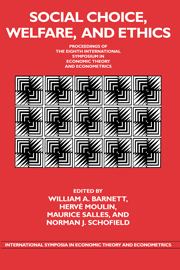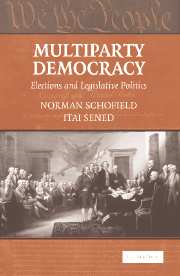Architects of Political Change
This work offers a set of extended interpretations of Madison's argument in Federalist X of 1787, using ideas from social choice theory and from the work of Douglass North, Mancur Olson, and William Riker. Its focus is not on rational choice theory itself, but on the use of this theory as a heuristic device to better understand democratic institutions. The treatment adapts a formal model of elections to consider rapid constitutional change at periods when societies face quandaries. The topics explored in the book include Britain's reorganization of its fiscal system in the eighteenth century to prosecute its wars with France; the Colonies' decision to declare independence in 1776; Madison's argument about the 'probability of fit choice' during the Ratification period of 1787-88; the argument between Hamilton and Jefferson in 1798–1800 over the long run organization of the US economy and the election of Lincoln in 1860.
- Author is internationally renowned for his work on democratic and political theory, social choice methods
- Can be used in courses in political science and political history
- Highly interesting blend of historical analysis and well-explained, accessible quantitative analysis
Product details
August 2006Paperback
9780521539722
354 pages
230 × 154 × 18 mm
0.461kg
8 tables
Available
Table of Contents
- Preface
- 1. Constitutional quandaries and rational choice
- 2. Power, prosperity and social choice
- 3. Franklin and the War of Independence:
- 1776-1783
- 4. Madison, Jefferson and condorcet
- 5. Lincoln and the Civil War
- 6. Johnson and the critical realignment of 1964
- 7. Keynes and the Atlantic constitution
- 8. Preferences and beliefs
- 9. Political change
- 10. Notes
- 11. Figures and tables.

